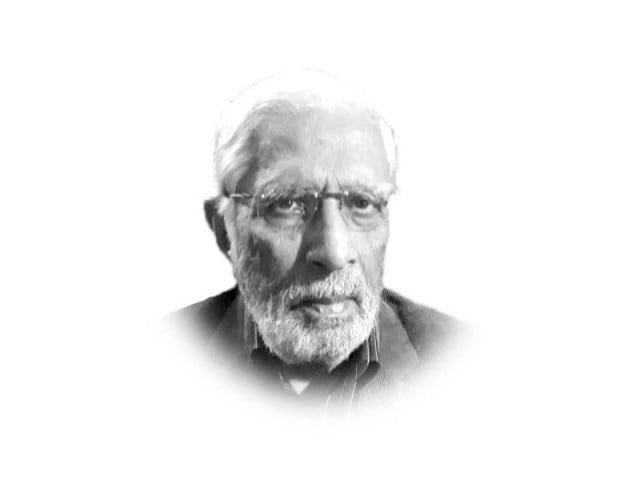Thucydides’ Trap?
Chinese observers now believe that the US is driven by fear and envy to contain China in every possible way

When an emerging power threatens to displace an existing great power, as a regional or international hegemon, a Thucydides’ Trap is said to be in the making. The term is based on a quote by ancient Athenian historian and military general Thucydides, which theorised that the Peloponnesian War between Athens and Sparta had been inevitable because of Spartan fears of the growth of Athenian power.
As per Thucydides, “it was the rise of Athens, and the fear that this inspired in Sparta, that made war inevitable.”
The US wants the world to believe that with China rising, Washington’s hegemonic position vis-à-vis the world is hurtling towards a Thucydides’ trap which would eventually lead to at least a cold war, if not a hot one.
But China does not seem to subscribe to this theory and its leadership would very much like bilateral ties with the US be guided by the principle of “no conflict, no confrontation, mutual respect, and win-win cooperation”.
However, according to Wang Jisi (“The Plot Against China? How Beijing Sees the New Washington Consensus”) the Biden administration’s Interim National Security Strategic Guidance, released in March, asserts that China “is the only competitor potentially capable of combining its economic, diplomatic, military, and technological power to mount a sustained challenge to a stable and open international system”.
Most Chinese observers now believe that the US is driven by fear and envy to contain China in every possible way. And many American policy elites miss the fact that from Beijing’s perspective, it is the US — and not China — that has fostered this newly adversarial environment, especially by carrying out what China views as a decades-long campaign of meddling in China’s internal affairs with the goal of weakening the party’s grip on power.
It is not difficult to understand why US officials see China as a competitor. “Most analysts estimate that by the end of 2021, Chinese GDP will be equivalent to around 71% of US GDP. In comparison, in the early 1980s, during the Cold War, Soviet GDP equaled less than 50% of US GDP. Meanwhile, China has replaced the US as the largest destination for foreign investment. Americans increasingly feel that in the contest with China, the momentum is with Beijing.”
As China has grown richer and more powerful, US politicians hoping to look tough have harshly criticised Beijing.
Finally, no issue has bred as much Chinese distrust of the US as the status of Taiwan. In January, Biden became the first US president since 1978 to host Taiwan’s envoy to the US at his inauguration. Days after that, the US State Department released a statement confirming Washington’s “rock solid” commitment to the island.
“If Washington sticks to its ‘one China’ policy and refrains from openly supporting Taiwanese independence, Beijing will likely continue to seek peaceful unification with Taiwan. The second crucial issue is US-Chinese economic competition, and the problems it presents are both broader and thornier than the Taiwan dilemma. Even before the trade war triggered by the Trump administration, the pattern of bilateral US-Chinese economic exchanges was becoming unsustainable, because Americans had grown increasingly aggrieved over what they saw as China’s unfair trade and technology policies.”
Spurring domestic production and consumption, the thinking goes, would encourage foreign businesses to rely more on China’s industrial supply chains and consumer markets and foster what Xi has called an “open world economy”.
Since the US seems to have made up its mind to suck China into a deliberately designed Thucydides’ Trap, it is not a good policy for people in the developing world and its media to believe everything that the US and European media say about what China is up to. Most such stories are usually based on half-truths and usually built around concocted news stories.
On the other hand, it certainly is a good policy to closely follow these stories depicting China as the bad guy challenging the so-called ‘rules of the liberal, post-war institutional order’ that the good guys have built. Shorn of angles and slants, such stories do give a clue to the purpose behind the propaganda.
Published in The Express Tribune, July 3rd, 2021.
Like Opinion & Editorial on Facebook, follow @ETOpEd on Twitter to receive all updates on all our daily pieces.















COMMENTS
Comments are moderated and generally will be posted if they are on-topic and not abusive.
For more information, please see our Comments FAQ